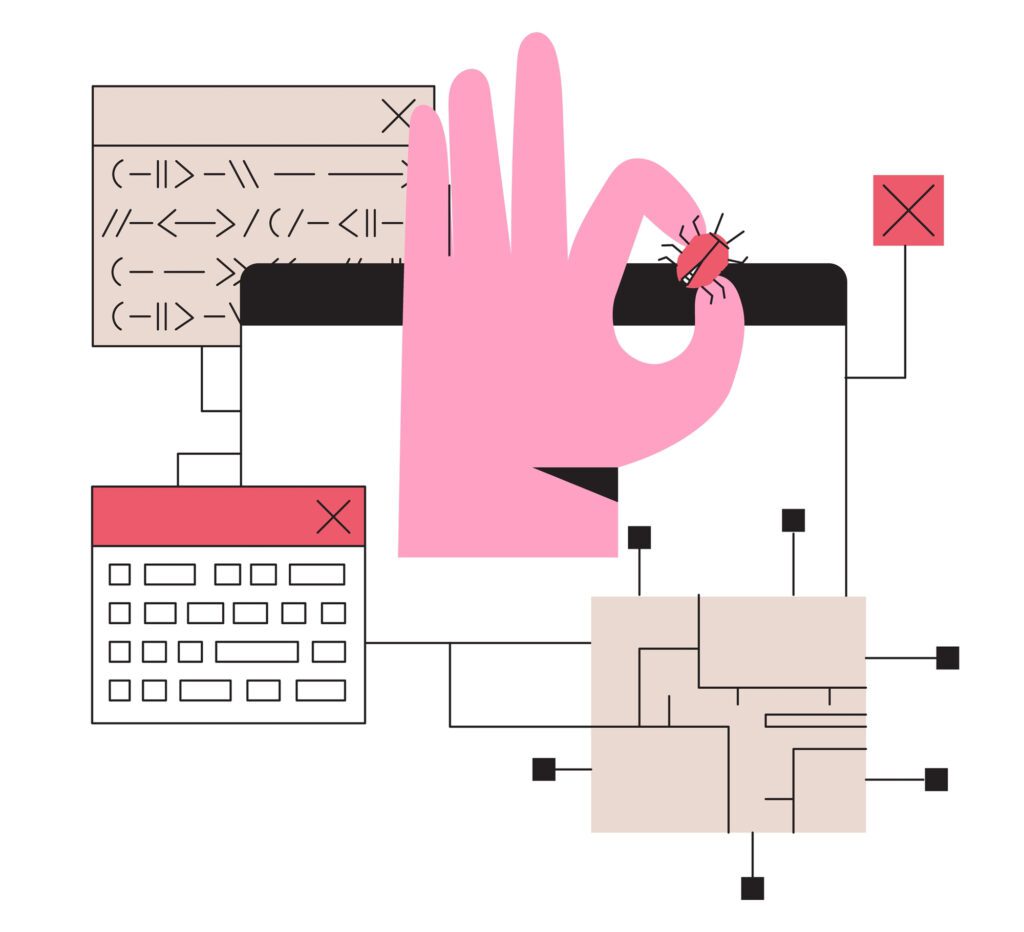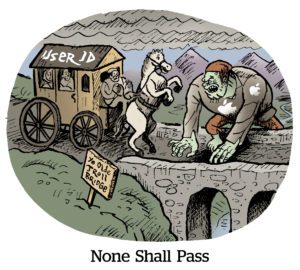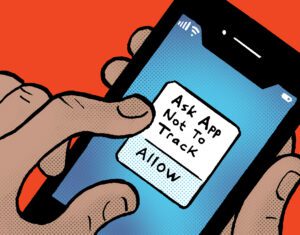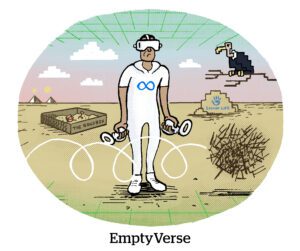Less than two weeks after finally ramping up its adoption of SKAdNetwork 4 (SKAN 4), Meta is rolling back to version 3 following a bug in Apple’s system that messed with conversion values.
The bug was first uncovered late last month by mobile attribution provider Singular, which submitted a bug report to Apple after its discovery.
SKAdNetwork, Apple’s privacy-focused attribution solution, is the only source of reliable conversion data on acquired users now that IDFAs are no longer available without a double opt-in through the AppTrackingTransparency framework.
Meta’s move to downgrade back to SKAN 3 could cause overall adoption of SKAN 4 to plateau.
Wham, bam, no thank you, SKAN
In an email sent to partners on Friday and shared with AdExchanger, Meta said it has “decided to proceed with a full rollback from SKAN 4 to SKAN 3.”
Meta went on to say it expects a two- to three-day drop in post-install conversion volume as a result of the rollback, with volume mostly back to normal by day four.
Still, it could take up to nine days to get back to pre-V4 volume levels due to SKAN delays that are out of Meta’s control. Anytime there are changes made to SKAN, the platform has to recalibrate, and advertisers lose some attribution data.
According to Apple’s support page for developers, the issue was resolved as of Thursday afternoon in iOS 16.6.
It’s worth noting, according to StatCounter, that fewer than 2% of iOS users were running iOS 16.6 as of a week ago, despite being released on July 24. It also remains to be seen whether Apple will push an update that resolves this issue for older iOS versions.
Regardless of the fix, the damage, you might say, is already done.
And that’s because it’s unclear when Meta will reattempt an upgrade to SKAN 4, which – this bug aside – is superior to the previous version of SKAN.
Slowing SKAN’s roll
Each version of SKAdNetwork (we’re up to V5 now, though barely anyone has adopted this latest version yet because it’s too new) includes enhanced features. SKAN 4, for example, includes more campaign IDs than were available in SKAN 3, in addition to access to better signal and more optimization functionality.
But that’s only if the code functions properly.
Meta’s adoption of SKAN 4 prior to the rollback catalyzed a broader wave of adoption across the mobile ad tech ecosystem.
Developers, ad networks and advertisers typically wait for the large platforms to make a move before they do, because upgrading is a complex and labor-intensive process.
Conversely, Meta’s rollback will likely “cause that sense of urgency to disappear,” said John Koetsier, VP of insights at mobile attribution provider Singular. V4 adoption efforts will largely be on ice.
“They’re all going to put it on hold,” he said. “People will pause their efforts to get their ad networks ready for SKAN 4 because of this challenge.”
Whoops
But what was happening, exactly?
Singular first started investigating when it began hearing chatter that conversion values in SKAN 4 postbacks were being zeroed out.
The bug that Singular uncovered would automatically overwrite SKAN 4 conversion values.
To be more specific, fine-grained conversion values for the first SKAN 4 postback would be reset to “zero,” and coarse-grained conversion values from the second and third SKAN 4 postbacks were being set to “none.”
To say that in English: Advertisers weren’t getting any reporting data about post-install in-app activity. It’s possible this bug had been wreaking its silent havoc for well over a year, which means many advertisers may have been operating using incorrect measurement data for that entire time.
For example, if someone installs an app after clicking on an app ad, SKAN 4 should be operating in the background to check whether that person takes an in-app action, like reaching a certain level in a game or making a purchase. This is information that should be shared with advertisers in SKAN 4 postbacks.
But the bug wiped that information away. “All of that conversion value was being deleted,” Koetsier said.
This isn’t the first bug to have plagued SKAdNetwork. In late 2020, it was revealed that a bug in SKAD 2 was stopping Apple from sharing conversion value and source app ID information with developers. Both pieces of information are critical for attribution. That bug was resolved in November 2020.















